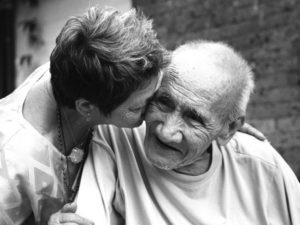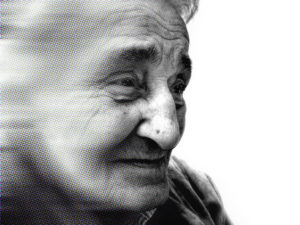What was thought to be a disease in the early 19th century caused by bad air was later on discovered to be a disease that was caused by a bacterium strand known as Vibrio Cholera. In 1854, physician Dr. John Snow discovered the microbial link to cholera and that the diseases came from consuming contaminated drinking water. It has been two centuries since cholera epidemic was fought off but the deadly illness still haunts us.
Today, about 1.3 to 4 million people fall victim to this disease and out of them 21,000 to 143,000 people die. It is an acute diarrhoeal condition that requires immediate treatment and results in fatal end within hours if the victim is not provided with any immediate medical aid.
Symptoms
The victims may show no or very mild symptoms. It is in very rare cases that the infected person shows any severe symptoms. Only one in ten persons would have a severe condition which is characterized by profuse watery diarrhea, vomiting, and cramped legs. In such cases, the victim loses fluids very rapidly and it results in extreme dehydration and a state of shock. Treatment is required on spot and in its earliest stage, it can be cured using intravenous fluids and antibiotics. Mild symptoms can be successfully cured using oral rehydration solution.
Areas of High Risk
Areas and regions where water and sanitation facilities are mediocre, they are at the risk of facing cholera epidemic. For instance, in many parts of Africa, cholera epidemic has been going on for years now. This is mainly owed to inadequate sanitation facilities and poor water treatment.
People Who Are At The Risk Of Severe Cholera
Scientific research studies conducted at Massachusetts General Hospital, Broad Institute of MIT, and researchers at Harvard University have reported in their findings published in Science Translational Medicine that who have blood type O are at higher risk of developing severe cholera disease.
Most recently, United Nations has called for the world to support their two-track plan for Haiti to fight against the ill-fated disease. The plan was launched by UN Secretary-General Ban Ki-moon. Stage one of the plan would be focused on the main problem of poor water facilitation and sanitation, and stage two would be centered on victims, their families, and communities.
Most Recent Cholera Outbreak
Haiti has been dealing with the most recent cholera outbreak since October 2010. It was soon after the region was struck by a devastating earthquake. The epidemic has affected as many as 788,000 people and claimed the lives of an estimated 9,000 people. Rigorous efforts have been made by UN which have paid off really well and there has been a reported 90% reduction in the suspected affected areas.
Nevertheless, much more needs to be done. World Health Organization suggests providing safe oral cholera vaccines as well as a provision of safe drinking water and improved sanitation system in order to prevent and control the outbreaks. This is particularly eminent for areas that are at high risk of facing an epidemic.


 Photo by
Photo by 


 A common question among family members with senior loved ones is when is the best time to move the elderly from the home to a nursing home? While most senior persons prefer to live the remaining years after the retirement in their own home, sometimes their health conditions necessitate moving to a nursing facility.
A common question among family members with senior loved ones is when is the best time to move the elderly from the home to a nursing home? While most senior persons prefer to live the remaining years after the retirement in their own home, sometimes their health conditions necessitate moving to a nursing facility. Senior persons that are in advanced stages of
Senior persons that are in advanced stages of  A nursing home is a right option when the senior who is leading a post-retirement life is mostly alone at home. Nursing homes offer plenty of opportunities for the residents to lead a socially active life. Residents of the nursing home lead a satisfying life while taking part in a number of activities that are organized by the nursing home administration.
A nursing home is a right option when the senior who is leading a post-retirement life is mostly alone at home. Nursing homes offer plenty of opportunities for the residents to lead a socially active life. Residents of the nursing home lead a satisfying life while taking part in a number of activities that are organized by the nursing home administration. 

 There is no one effective formula that can help in reducing weight quickly. Individuals have to take a number of measures to avoid accumulation of excess body fat. For many, a healthy diet plan coupled with aerobic exercise is the most effective way to combat obesity.
There is no one effective formula that can help in reducing weight quickly. Individuals have to take a number of measures to avoid accumulation of excess body fat. For many, a healthy diet plan coupled with aerobic exercise is the most effective way to combat obesity.